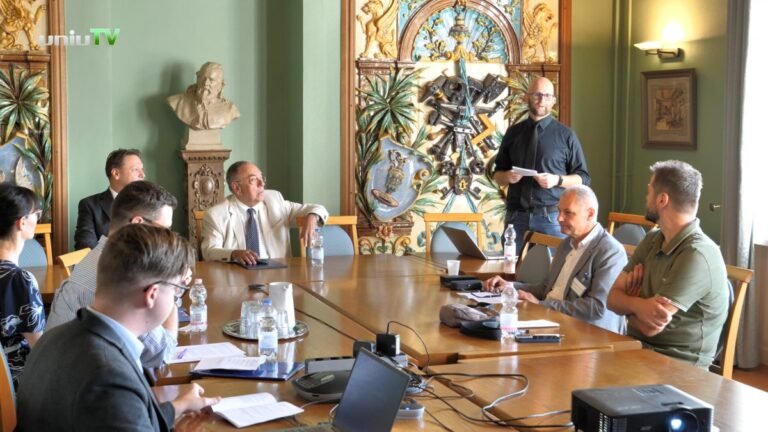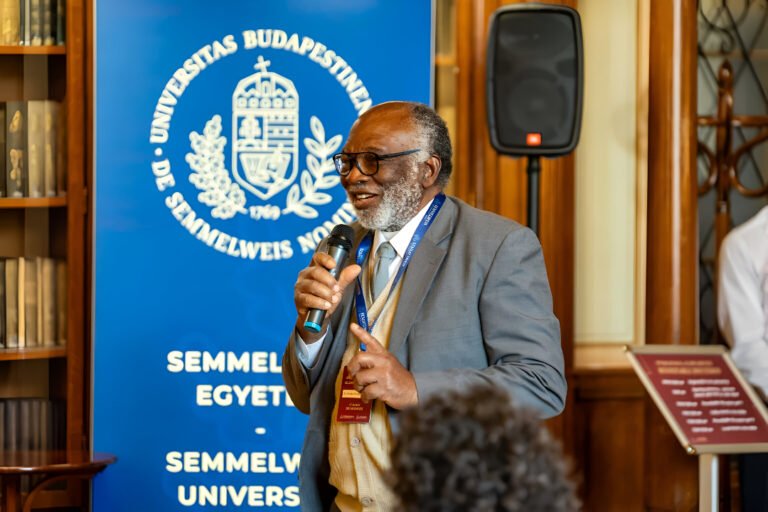
The National University of Public Service (NKE) has addressed the growing concern of digital dependency among young people, particularly Generation Z, in an interview with Enikő Szakos, Head of Strategic Development at the Nemeskürty István Teacher Training Faculty and education researcher at MCC.
Szakos highlighted how children are now immersed in a digital environment from birth, with even infants exposed to smartphones. She compared digital dependency to other addictions, noting that it impairs self-control and prioritizes virtual engagement over real-life experiences.
The Risks of Excessive Digital Use
Szakos pointed out that overuse of smartphones and the internet can lead to attention disorders, hinder cognitive and social development, and contribute to the rise of conditions such as ADHD. Young people are especially vulnerable, lacking the self-regulation skills needed to manage screen time responsibly.
“Smartphones are intentionally designed to keep users constantly engaged and notified,” Szakos explained, emphasizing the FOMO (fear of missing out) effect.
She supported government restrictions on phone use in schools, calling them crucial for helping students develop offline social skills and reconnect with the real world.
The Role of Education and Family
Szakos advocated for educational reforms focusing on human interaction, social skills, play, and physical activity, alongside the responsible integration of digital tools. She stressed that parents and teachers must model balanced tech habits, noting that children of device-dependent parents often suffer from neglect and delayed emotional or linguistic development.
In teacher training, NKE emphasizes free play, folk traditions, and nature-based learning to counterbalance digital overexposure and strengthen cultural identity. Szakos believes these practices instill confidence and a sense of belonging in young people.
Ultimately, she warned that educators should not compete with screens but instead draw youth back into real-world experiences:
“If we compete with phones, we lose. We must show the beauty of the real world first,” Szakos stated.
The article was published in Bonum Publicum (Issue 25/2).
Source: National University of Public Service (NKE)






